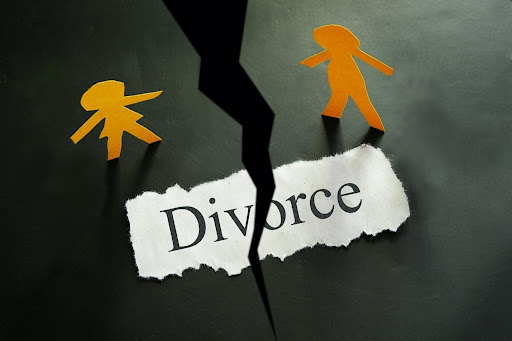Regardless of the circumstances, the end of a marriage is a major, stressful event in anyone’s life.Even when you feel a divorce will supply relief, it will also provide a wide range of other emotions. A chapter of your life has ended. In addition, so many potential future paths have been preempted. In other words, feelings of loss must be processed. Grief is inevitable.
As with any time of sorrow and loss, there is a risk of depression. This is not the same as clinical depression. Rather, it is a situational disorder that requires some adjusting and adapting.
How Common is Depression After Divorce?
There is a short answer: very common. The more complex reply would factor in the reality that it’s not easy to quantify. As mentioned above, sadness and grief are inevitable. Changes as significant as divorce are what are believed to commonly cause depression. However, unless a person seeks treatment for these emotions, it may not be diagnosed as depression. In reality, it’s not unusual at all for divorced people to experience signs and symptoms like:
- Feeling lost and unable to focus
- Withdrawing from social interactions
- Angry outbursts
- Fatigue
- Sleep disturbances
- Thoughts of death, dying, or suicide
Needless to say, even if you’re relieved to be single, such symptoms cannot and must not be ignored.
Why Does Divorce Sometimes Cause Depression?
Divorce is a major life event. Any major life event — good or bad — increases the stress level in your life. This, in turn, makes you as much at 10 times more likely to develop some form of depression. Research has shown that divorced people have markedly higher levels of depression. Of course, if you are already struggling with depression, a divorce can potentially worsen your symptoms.
To repeat, it very well may be that getting divorced was the best option for your mental well-being. It does not remove the possibility of situational depression rearing its ugly head.
How to Manage Depression Caused by a Divorce
Practice Self-Care
This is your reliable foundation. A major change can throw your routines into disarray. Stay grounded by sticking to basics like:
- Maintaining regular sleep patterns
- Making healthy eating choices
- Engaging in daily exercise
- Cultivating relaxation techniques
Feel What You Need to Feel
Do not suppress your emotions. Feeling depressed after a significant life change is nothing to feel ashamed about. Allow yourself the freedom to process the changes at a rate that feels healthy for you. Look into practices like journaling, breathing exercises, and meditation. And do not isolate yourself. Make time to connect with others.
Speaking of Connecting With Others…
Social withdrawal can be a tempting choice, and yes, some solo contemplation time is crucial. But be careful not to retreat from having a social life. Even when you’re not in the mood, stepping out and seeing other people can be very helpful.
Treat Yourself
No, this is not permission to indulge in self-medication or risky behaviors. Rather, try to reconnect with the sensual pleasures that bring you peace and calm. It could mean taking a long bath or playing basketball at the local schoolyard. Whatever it is, work it into your schedule on a regular basis.
Try Something New
Divorce will re-invent your life whether you participate or not. So why not be proactive and start setting new goals for your post-marriage life? Recognize this as the opportunity it is and spread your wings.
But Never Downplay Feelings of Depression
Asking for help after a divorce is a logical, self-loving choice. Committing to therapy can be the best first step toward regaining your balance and positive momentum. At Onyx, we can connect you with an experienced therapist to support you during this transition.



